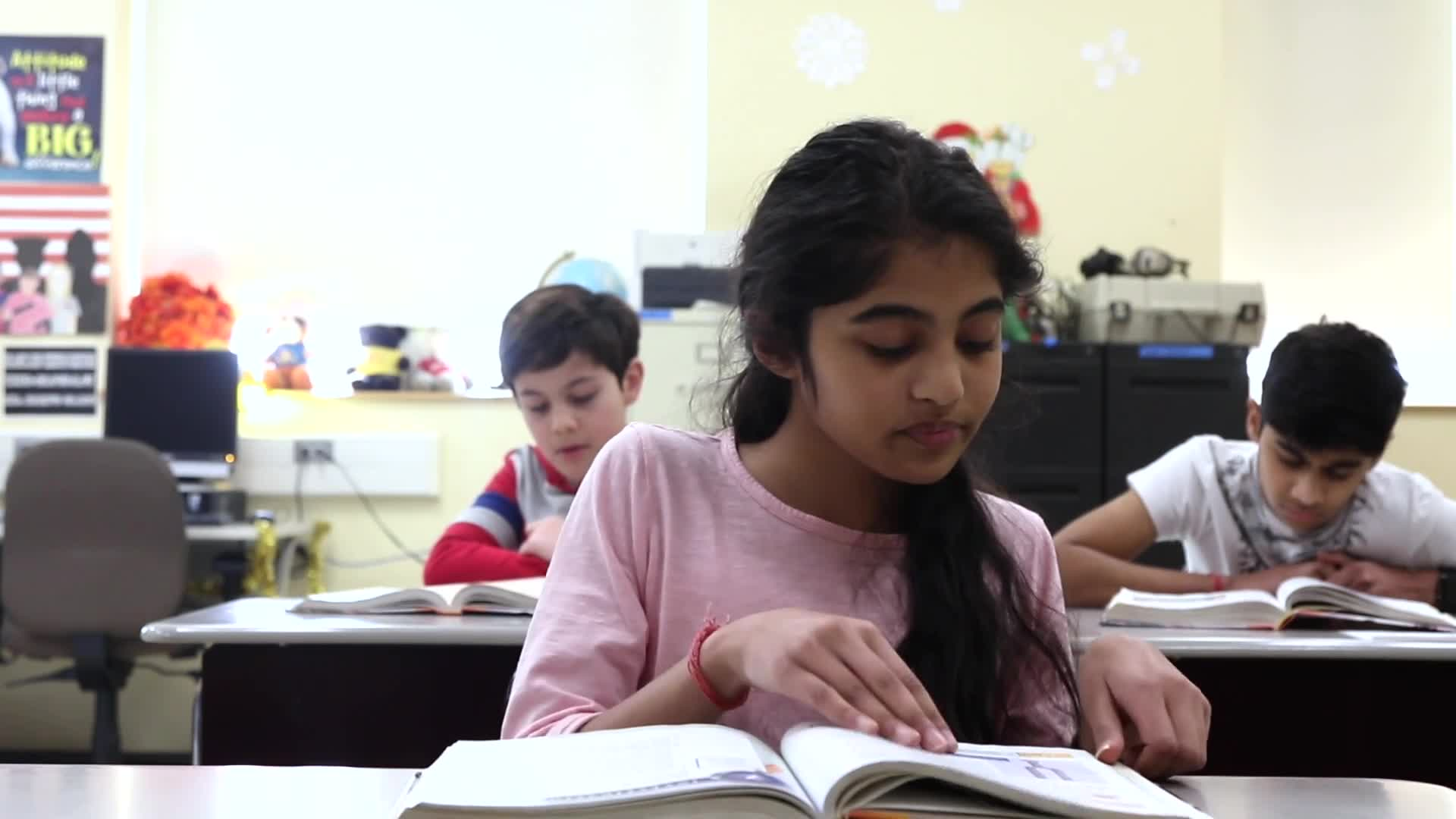As educators, one of the essential skills we can teach our students is the ability to be aware of their surroundings and adapt their actions accordingly. This skill, known as ‘Being Tuned In’, is a crucial component of social-emotional learning. In this blog post, we will explore the concept of ‘Being Tuned In’, provide a no-prep activity for educators, offer discussion questions, mention related skills, and suggest next steps for further learning.
Introduction
Being Tuned In means that students are aware of their actions and the actions of others around them. They make sure their actions fit the current situation, taking into account the time, place, and feelings of others. By being tuned in, students can avoid making others feel upset or uncomfortable. The skills involved in being tuned in include:
- Observing what is happening in the present moment.
- Considering the time and place of their actions.
- Thinking about how their actions will affect others around them.
Teaching ‘Being Tuned In’ helps students develop empathy, self-awareness, and effective communication skills, essential for their social-emotional growth.
No-Prep Activity
Here is a simple, no-prep activity to help teach ‘Being Tuned In’ to elementary students:
Role-Play Scenarios
Ask students to form pairs and assign each pair a different scenario. Examples of scenarios can include:
- One student is trying to read, while the other student wants to talk about their favorite TV show.
- One student is upset and crying, while the other student wants to share a funny joke.
- One student is practicing for a presentation, while the other student wants to play a game.
Instruct the students to act out their scenarios, with one student demonstrating how to be ‘tuned in’ to the situation, while the other student observes. After a few minutes, have the students switch roles. Once all pairs have completed the activity, gather the class for a group discussion about their experiences and observations.
Discussion Questions
Here are some discussion questions to engage students in critical thinking and reflection about ‘Being Tuned In’:
- Why is it important to be aware of our actions and the actions of others around us?
- How can being tuned in help us develop empathy and understanding towards others?
- What are some challenges you might face when trying to be more ‘tuned in’ during different situations?
- Can you think of a time when you were ‘tuned in’ to a situation? How did it make you feel?
- How can we practice being more ‘tuned in’ to our surroundings and the feelings of others?
Related Skills
Teaching ‘Being Tuned In’ is just one aspect of social-emotional learning. Other related skills that can help students develop a well-rounded understanding of themselves and others include:
- Active listening: Paying close attention to what others are saying, asking clarifying questions, and demonstrating understanding.
- Empathy: Putting oneself in another person’s shoes and understanding their feelings and perspectives.
- Self-regulation: Managing and controlling one’s emotions, thoughts, and behaviors in different situations.
- Effective communication: Expressing thoughts and feelings clearly and respectfully, while also being receptive to feedback.
Next Steps
Now that you have an understanding of ‘Being Tuned In’ and its importance in social-emotional learning, you can continue to explore and teach other related skills. To access free sample materials for teaching these skills and more, sign up at Everyday Speech.






